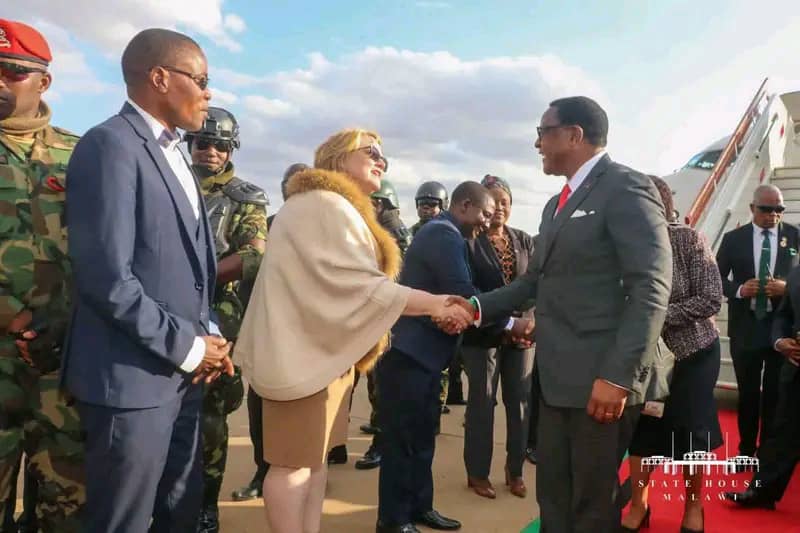By Cedrick Ngalande
THE BRITISH EMPIRE IS/WAS NOT RESPONSIBLE FOR AFRICA’S CURRENT STATE OF MALAISE
I am writing as an African.
In African social media, following the death of the British Queen Elizabeth II, there has been a lot of talk on how ‘evil’ the British empire was and how wrong it is for Africans to express sympathy.
Some have even suggested that the state of Africa today is a direct result of the ills of the British empire.
It is very important to understand history. The so-called Partition of Africa or Scramble for Africa took place between 1881 to 1914. At the beginning of this period, only 10% of Africa was under European control. But by 1914, over 90% was colonized by European.
Also, many African countries were only ‘discovered’ by the Europeans fairly recently in terms of world history. The famous David Livingston who discovered Malawi/Nyasaland was only born as recently as 1813.
Why is this important?
By the time the Europeans were dividing up Africa, they were already advanced in science, engineering and philosophy. The famous and consequential British mathematician, astronomer, physicist and theologian – Sir Isaac Newton – was born in 1643. The British industrial revolution happened between 1760 – 1840.
What we Africans often avoid acknowledging is that colonialism did not weaken us, rather it happened because we were already substantially weaker than those colonialists.
In the past nations and kingdoms fought for both dominance and survival. The victorious kingdom would either enslave, decimate or colonize the losing party. Those were the rules in those days.
Perhaps instead of talking about how people treated us in the past based on the moral standards of those days, we should concentrate on asking why it was that the continent next door had invented a gun, a ship, and a navigation campas while we did not. In the final analysis, it was that misstep that led to our being colonized.





